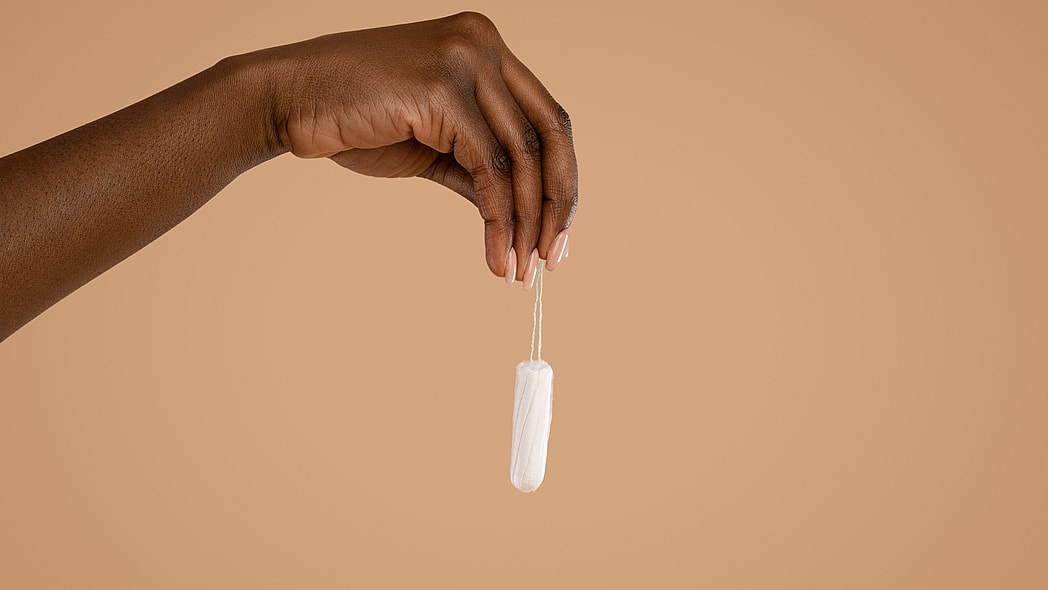Anyone who has raised an alarm about the materials used to make menstrual products, specifically tampons, may just have a point. Several brands of tampons, including organic brands, have been found to contain toxic metals.
According to a new study published in the August 2024 edition of Environment International, a variety of tampons were found to have at least one of 16 different metals, including arsenic, barium, calcium, cadmium, cobalt, chromium, copper, iron, manganese, mercury, nickel, lead, selenium, strontium, vanadium, and zinc. Point blank: “Tampon use is a potential source of metal exposure,” researchers said.
The researchers analyzed the materials of 24 products from 14 brands, ranging from generic to store-brand to organic. While the brands were not identified, and not all of the tampons tested came back positive for the same metals at the same levels, researchers are still concerned with at least one metal in particular.
“Concerningly, we found Pb (lead) in all the tested tampons,” researchers wrote. “There is no safe exposure level to Pb; any proportion of Pb that may leach out of a tampon and reach systemic circulation might contribute to negative health outcomes. Pb is stored in bones, where it replaces Ca (calcium), and can be retained in the body for decades.”
Recommended Stories
With half of the population menstruating — and, as the study notes, between 52% and 86% of menstruating people using tampons, this news potentially applies to a wide swath of society. Meanwhile, earlier this year, a report noted that children in Black communities are increasingly beginning their cycles earlier than the average age of 12.
The tampon study notes that “future research” is needed to replicate its findings and ascertain whether metals can “leach out” of tampons and cause harm during use. In the meantime, experts are warning just how likely it could be.
Speaking to Vogue about the study, OB/GYN Banafsheh Bayati, said, “The vaginal mucosa has a large surface area that is highly vascular and permeable. As a result, the vagina allows for efficient absorption of chemicals. More importantly, this absorption enters the systemic circulation, bypassing the liver for detoxification.”
Bayati added, “Given that half the population undergoes menses and the popularity of tampon use, this study once again highlights the historical lack of knowledge when considering female health in the medical world.”
Amanda Hils, an FDA representative, told NPR that “all studies have limitations” but confirmed the agency was reviewing the study.
“We plan to evaluate the study closely and take any action warranted to safeguard the health of consumers who use these products,” Hils told the outlet.
Consumers can take action to protect themselves now. If able, they can opt to limit how long they wear tampons, switch to using menstrual cups made free of toxic materials, or seek to manage menstruation through birth control.
Ultimately, keeping those who menstruate safe may lie in holding manufacturers accountable for the materials they use and how they manufacture their products.
In a statement, Jenni Shearston, the study’s lead author and a postdoctoral scholar at the UC Berkeley School of Public Health, said, “I really hope that manufacturers are required to test their products for metals, especially for toxic metals.”
Shearston continued, “It would be exciting to see the public call for this or to ask for better labeling on tampons and other menstrual products.”










